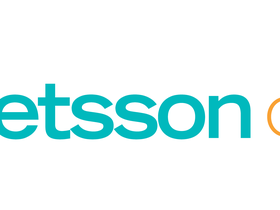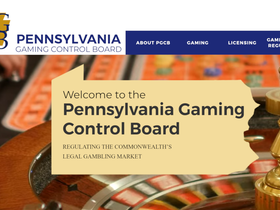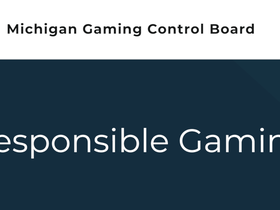We need more data to support the industry’s actions around RG, and I am really happy that we can support the ICRG’s research in this important area.
GeoComply announced that it will fund a two-year research project with the International Center for Responsible Gaming (ICRG) to determine the long-term effectiveness of voluntary self-exclusion programs, which both land-based and online casinos use.
Vancouver-based GeoComply — which provides geolocation security, fraud prevention, and compliance services for most of the US iGaming market — did not disclose the amount of funding it would provide ICRG but said results from the research it helped fund would be published in October 2025.
“We have been committed to responsible gambling (RG) initiatives since forming GeoComply over a decade ago,” said GeoComply co-founder and CEO Anna Sainsbury. “We need more data to support the industry’s actions around RG, and I am really happy that we can support the ICRG’s research in this important area.”
ICRG President Arthur Paikowsky said additional research is needed in order to assess the prolonged efficacy of voluntary self-exclusion programs. “There is a necessity to determine whether enhancing these programs would result in more customer participation and whether this would be beneficial,” Paikowsky said.
According to GeoComply, potential topics for researchers include:
- What is the most effective form of self-exclusion long-term?
- What is the ideal time for exclusion from a gaming property or site?
- What criteria should an operator or the state gaming commission utilize to decide if a person should be allowed back?
- Is “self-exclusion” a negative term that stigmatizes and stops people from enrolling?
- What is the best method of registering? For example, does registering with security personnel deter people at land-based casinos?
Last September, the American Gaming Association (AGA) reported that 34 jurisdictions required casino or sports betting operators to provide some form of a self-exclusion program where players could exclude themselves from either a land-based or online casino or sportsbook.
The AGA said those jurisdictions would also require operators to expel self-excluded patrons if they are caught gambling in a casino or placing a sports wager.
“The length of the self-exclusion periods available and the procedures for reversing self-exclusions vary by jurisdiction,” the AGA said in its Responsible Gaming Regulations and Statutes Guide, released in September 2022.
“A majority of jurisdictions establish a central self-exclusion register that includes enlisted patrons from all gaming venues and platforms. Some state laws specify that casinos and online operators must also eliminate direct promotional outreach to self-excluded individuals and deny them 'comps’ or access to credit.”
The length of time for self-exclusion varies widely.
According to the AGA, five states — Connecticut, Delaware, New Jersey, Ohio, and Pennsylvania — provide self-exclusion periods of one year, five years, or a lifetime ban. Two states — Maine and Massachusetts — have those options, plus a three-year ban as well. The District of Columbia includes 18-month and three-year options.
In Virginia, patrons may self-exclude for either two years, five years, or for a lifetime. The AGA reported that Mississippi allows patrons to select any length of time for self-exclusion, up to and including a lifetime ban. But the state also stipulates that any self-exclusion must be at least five years in duration.
Learn more about self-exclusion and the responsible gaming tools available at the best online casinos in the USA in our Guide to Responsible Gaming & Gambling Addiction




